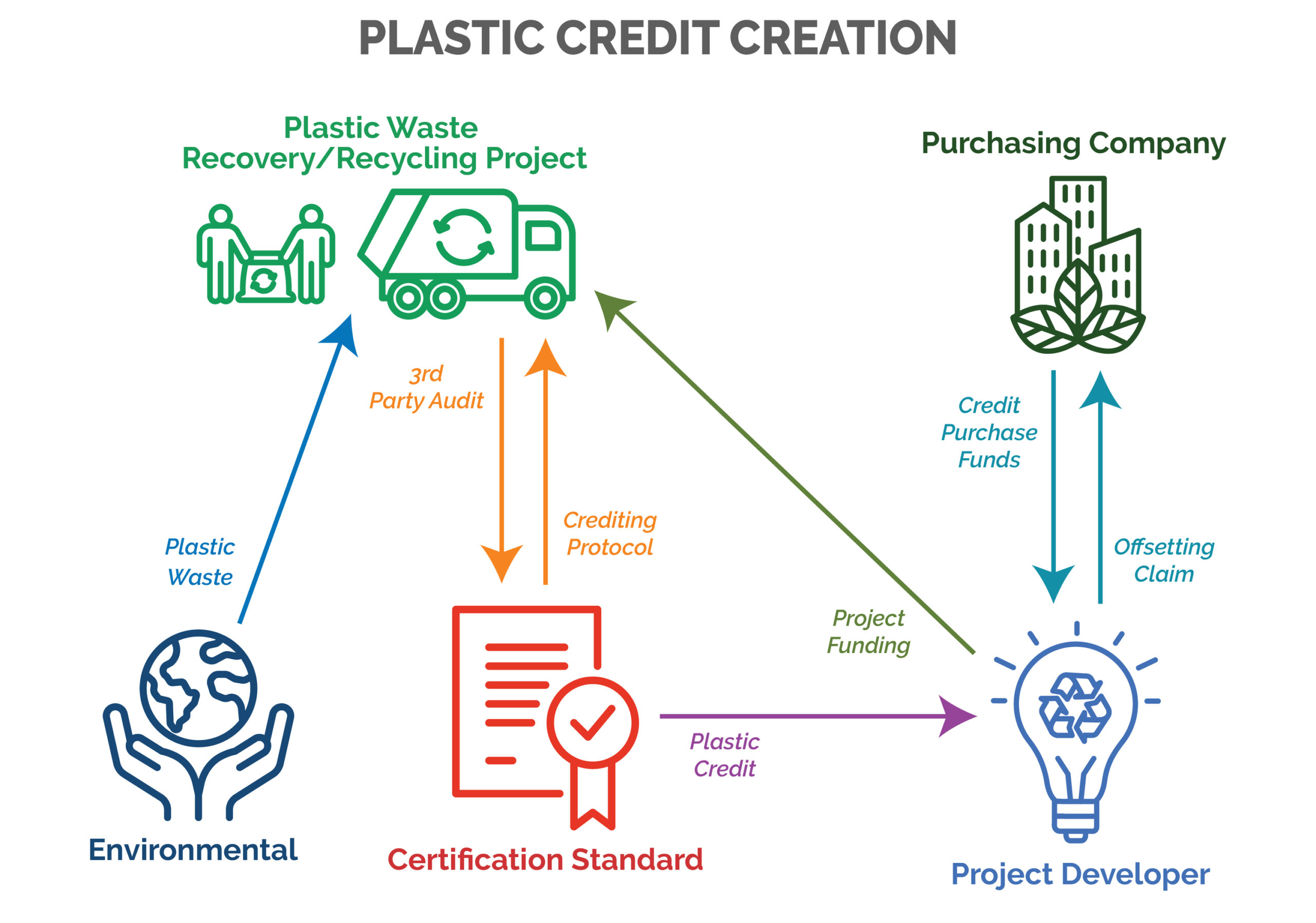What is EPR E-Waste?
Extended Producer Responsibility EPR E-waste is the responsibility of every producer of electrical and electronic equipment (EEE) for channeling e-waste to an authorized dismantler/recycler to ensure environmentally sound management of such waste.
EPR authorization is mandatory and has to be obtained by all the producers, including importers, e-retailers/online sellers/e-bay, etc. of EEE covered in E-Waste. A producer can implement its EPR either through a take-back system by setting up collection centers or both to channel e-waste/end-of-life products to authorized dismantlers/recyclers.
The producers are required to have arrangements with authorized dismantlers/recyclers either individually or collectively or through a Producer Responsibility Organization (PRO) or E-Waste Exchange system as spelled in their EPR Plan, which is approved/authorized by Central Pollution Control Board (CPCB).
These rules apply to every producer, consumer or bulk consumer, collection center, dismantler, and recycler of e-waste involved in the manufacture, sale, purchase, and processing of electrical and electronic equipment or components specified in Schedule 1 of these Rules.

Benefits of EPR Registration
EPR registration can lead to improved environmental performance and a reduced plastic waste.
Companies registered for EPR can gain a competitive advantage by appealing to environment conscious consumers.
Most of the vehicles get damaged just because of maintenance neglect you take.
Quality and Reliability
At GSES, our foremost focus is on delivering quality and reliability. Every project we undertake is made possible through the invaluable support of our clients, making them all supplementary endeavors. We guarantee that each project adheres to rigorous standards such as the Verified Carbon Standard, the GSES Community and Biodiversity Standard, or the Gold Standard, ensuring the utmost integrity and environmental impact.

EPR Policies in India
This approach reflects a commitment to sustainability. However, implementing EPR management for e-waste can be a complicated and time-consuming process. Like in accordance to the Indian government’s eWaste Management Act of 2016:
- Producers, importers, manufacturers, and brand owners are responsible for reducing e-waste pollution according to environmental guidelines.
- Rule 13 (1) of the 2016 Rules grants the Central Pollution Control Board (CPCB) the authority to issue, renew, or deny EPR.
- The CPCB (Central Pollution Control Board) oversees the enforcement of EPR and provides specific instructions for producers on managing e-waste, including recycling, storage, disassembly, and refurbishment.
.
Contact
- Block 23 B, Sector B, Sanwer Road, Industrial Area, Indore, M.P - 452010 (India)
-
+91 9098212176
+91 8827512675 - info@mediumpurple-ant-258386.hostingersite.com

